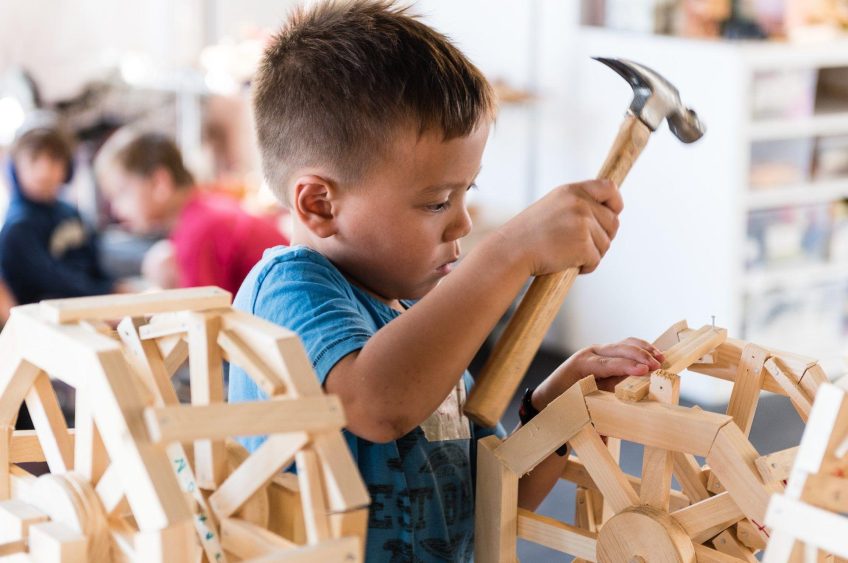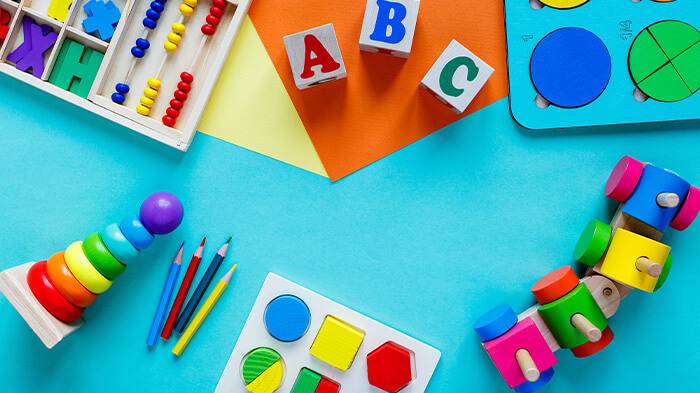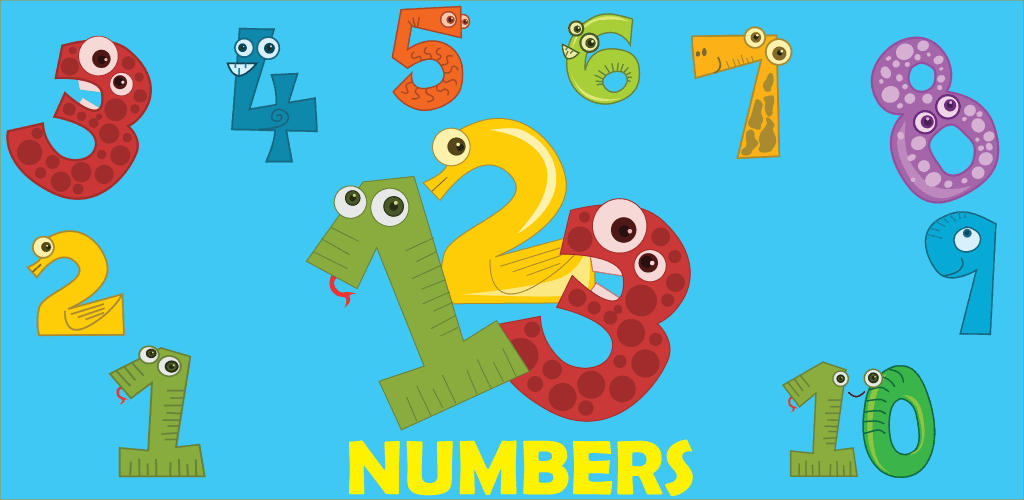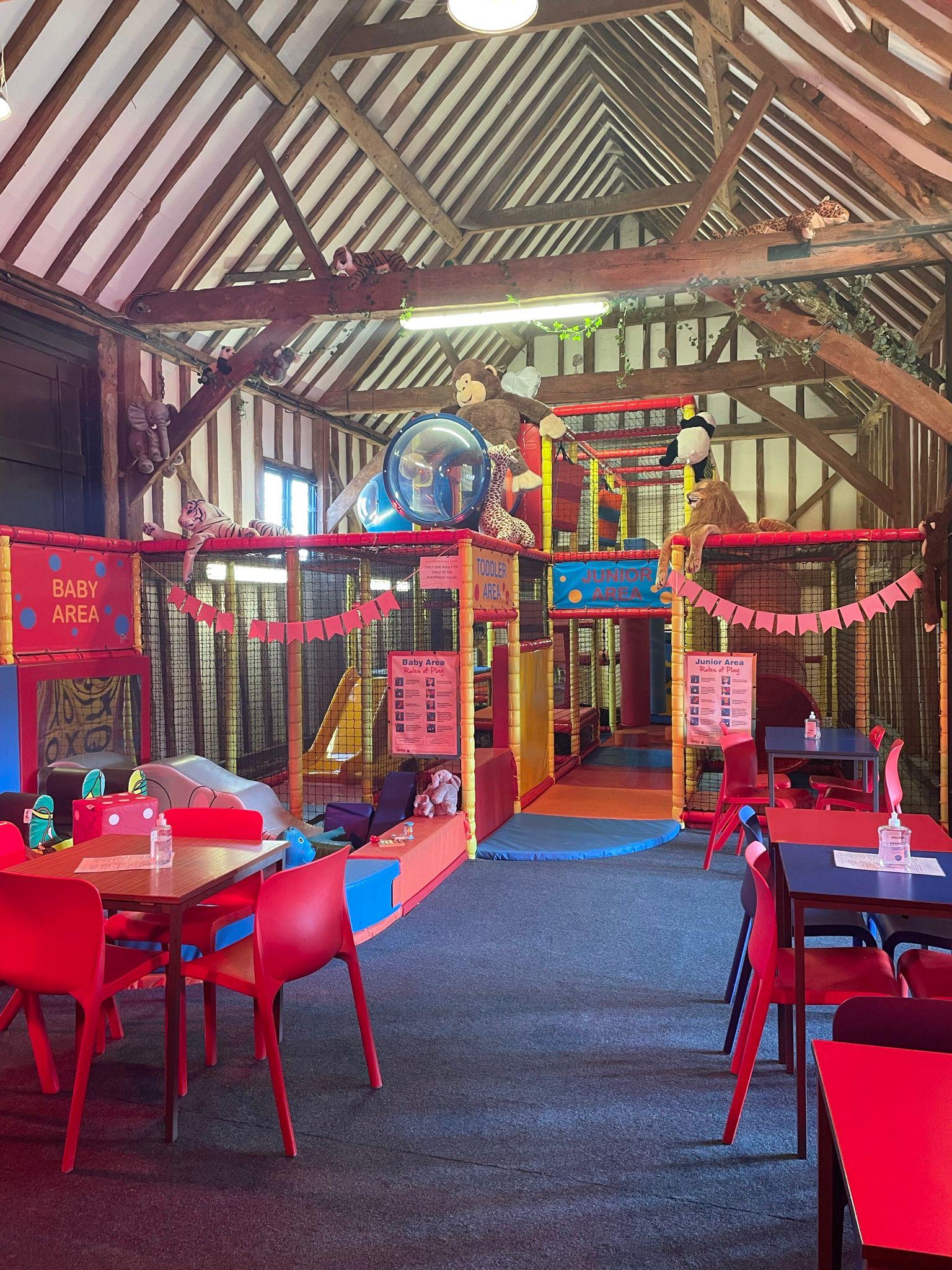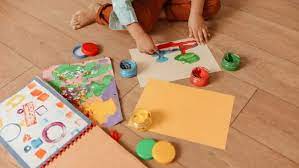- Introduction to Learning Tools for Young Children
- Importance of Diversified Learning Tools
- Understanding the Different Types of Learning Tools for Young Children
- Creating a Supportive Learning Environment
- Choosing the Right Types of Learning Tools for Your Child
- How to Incorporate Various Types of Learning Tools in Daily Activities
- Evaluating Progress and Adjusting Strategies
- Benefits of Using Different Types of Learning Tools for Young Children
- Conclusion: Embracing the Multitude of Learning Tools for Young Children
Introduction to Learning Tools for Young Children
The journey of early education significantly benefits from the right tools. These learning tools for young children can greatly impact a child’s ability to learn, grow, and enjoy their learning experience. Many options exist for parents and educators, from physical and educational toys to interactive books, games, and even digital applications. These learning tools facilitate knowledge acquisition and promote the development of crucial cognitive and socio-emotional skills.
Importance of Diversified Learning Tools
The early years of a child’s life are a whirlwind of cognitive, social, and emotional development. During this time, children learn best through diverse experiences and activities. This is where a variety of learning tools come in. Each learning tool offers unique benefits and can support children in developing a wide range of skills. Using various learning tools, your child’s learning journey can become comprehensive, fostering an environment of curiosity and exploration.
“ ”Understanding the Different Types of Learning Tools for Young Children
Physical Educational Toys and Their Impact
Physical and educational toys like blocks, puzzles, and role-play sets are more than just sources of entertainment. They encourage fine motor skill development, problem-solving abilities, and creativity. These hands-on, sensory experiences foster an understanding of different concepts and principles. For instance, blocks can teach children about shapes, sizes, and spatial relationships. At the same time, play sets can help them understand real-world situations better. Moreover, these toys significantly enhance a child’s physical coordination and motor skills, promoting their physical development alongside cognitive growth.
The Power of Interactive Books
Interactive books with pop-ups, textures, and sounds can significantly enhance a child’s sensory experience. They make reading more engaging, improve comprehension, and foster a love for reading from an early age. Interactive books also play a pivotal role in language development. They introduce new vocabulary, stimulate imaginative thinking, and help children better understand and express their emotions.
Learning Through Play: Games as Learning Tools
Physical and digital games can promote cognitive development, social skills, and critical thinking. They often require children to follow the rules, take turns, and strategize, teaching them patience, cooperation, and problem-solving. Games also provide a fun, interactive way for children to engage with learning materials, enhancing their learning motivation and encouraging a positive attitude towards education.
Digital Learning Tools: Harnessing Technology for Education
In today’s digital age, numerous apps and online platforms are designed specifically for children’s education. These digital tools offer interactive, personalized learning experiences that engage and motivate children. They can aid in teaching various subjects like language, math, science, and even social-emotional skills. As we move into the digital era, familiarizing children with technology from a young age equips them with necessary future-ready skills.
“ ”Creating a Supportive Learning Environment
A supportive learning environment is critical in making the most of these learning tools. This includes the physical setting—well-lit, quiet, comfortable—and the emotional environment—encouraging, patient, and responsive. Parents and educators must provide positive reinforcement and constructive feedback, guiding the child without overwhelming them. The aim is to make the child feel secure and confident in their learning journey.
Choosing the Right Types of Learning Tools for Your Child
Every child is unique and may benefit from different types of learning tools. Observing your child’s interests, learning style, and developmental needs can guide you in choosing the most appropriate learning tools. Aligning the tools with your child’s natural interests and curiosities can transform learning into an exciting and engaging process for them.
How to Incorporate Various Types of Learning Tools in Daily Activities
Incorporating various learning tools into your child’s daily routine can be effortless. It could be as simple as reading an interactive book during bedtime, using educational toys during playtime, or incorporating a fun educational game into your weekend activities. The beauty of these tools is their adaptability—they can fit different situations and transform even the most mundane tasks into fun learning experiences.
Evaluating Progress and Adjusting Strategies
Assessing your child’s progress is integral to the learning process. Regular check-ins help you understand which tools and strategies are working and which need adjustment. Remember that progress is not just about academic achievement but also about developing problem-solving skills, creativity, social skills, and a love for learning. It’s crucial to remain flexible and adjust your strategies based on your child’s evolving needs and interests.
Benefits of Using Different Types of Learning Tools for Young Children
Using a variety of learning tools provides a holistic approach to education. It aids cognitive development, promotes creativity, fosters social skills, and instils a lifelong love for learning. Exposing children to different learning strategies and methods helps them discover their preferred learning style and boosts their confidence and self-esteem.
Conclusion: Embracing the Multitude of Learning Tools for Young Children
In conclusion, understanding and utilizing different learning tools greatly support your child’s early learning and development. Incorporating these tools into your child’s routine can enhance their learning experience, making it more engaging, fun, and effective. The goal is not just academic success but fostering the development of a well-rounded, curious, and confident individual.
As parents, we want the best for our children. Explore the wide range of learning tools available and find out which ones your child enjoys and benefits from the most. Start today, and make learning a fun-filled adventure for your little one! The journey to effective learning doesn’t have to be complicated. Every child’s step can be rewarding and enjoyable with the right tools.
“ ”